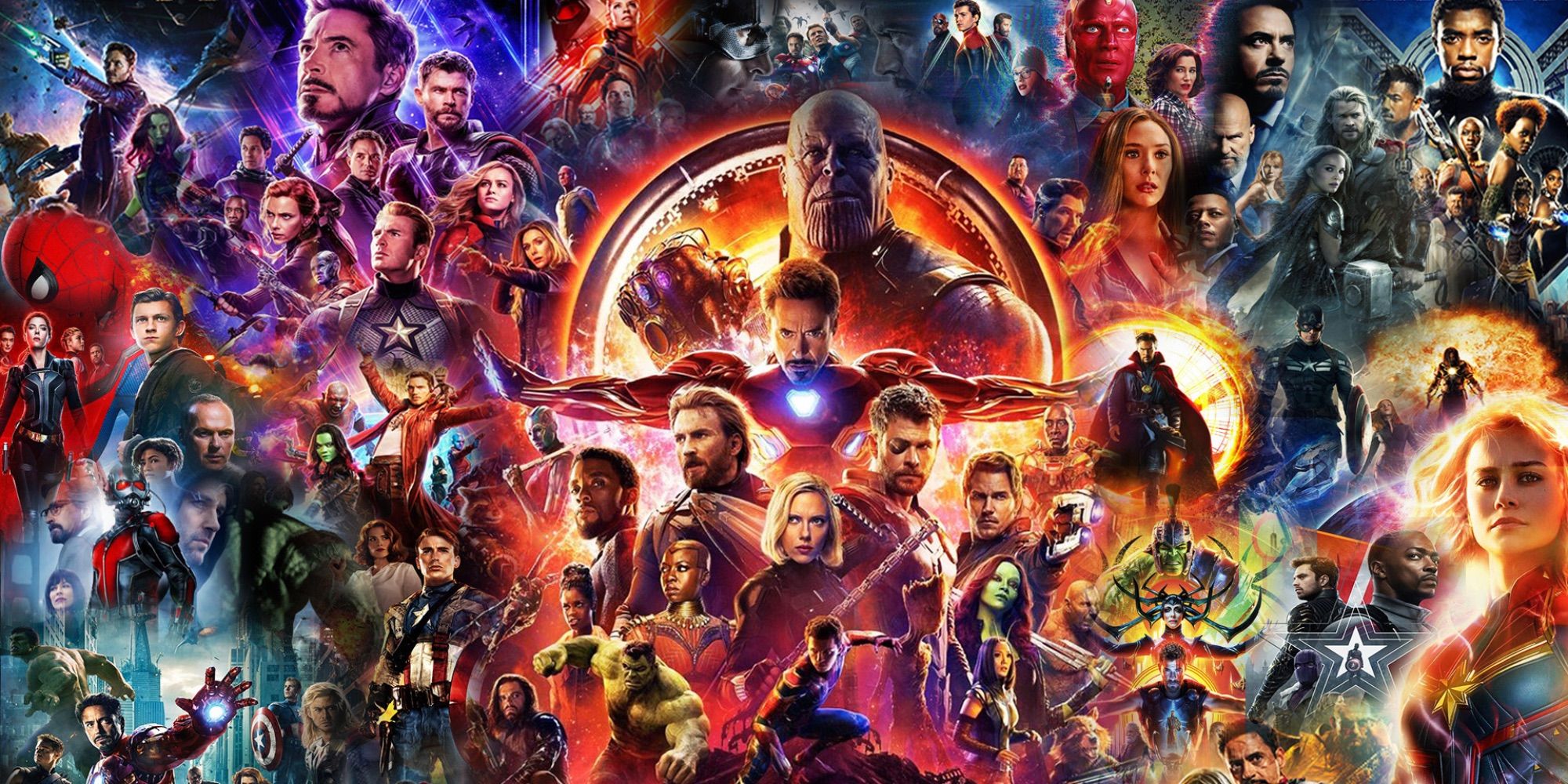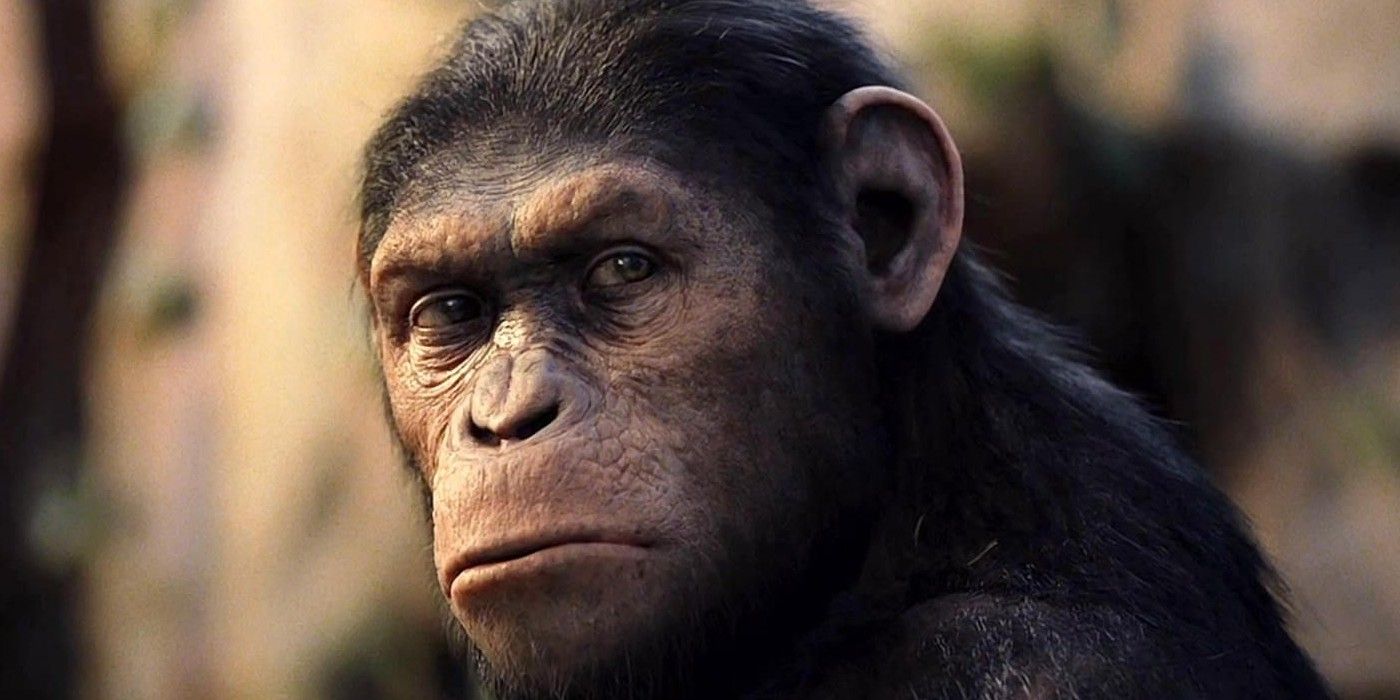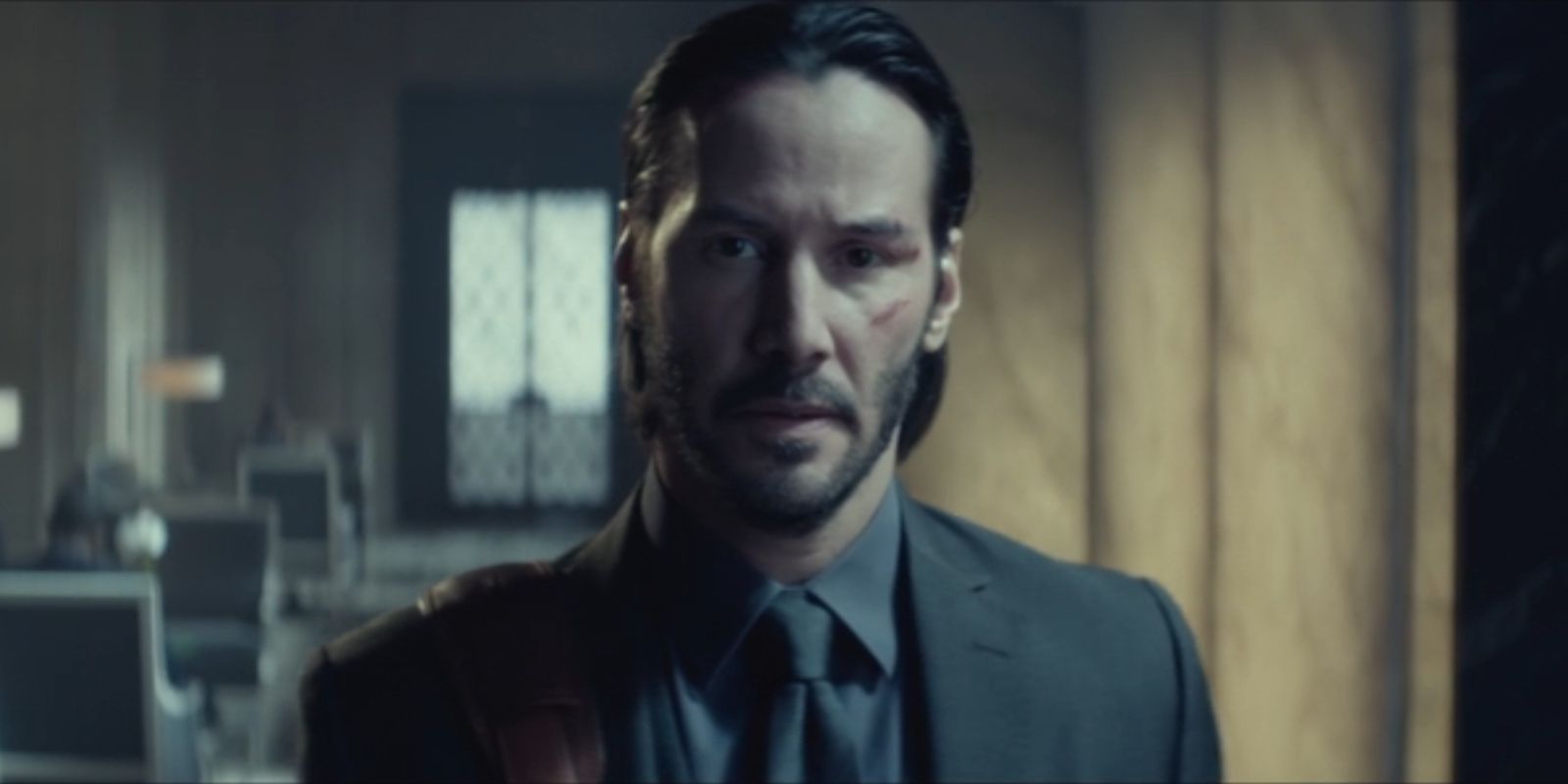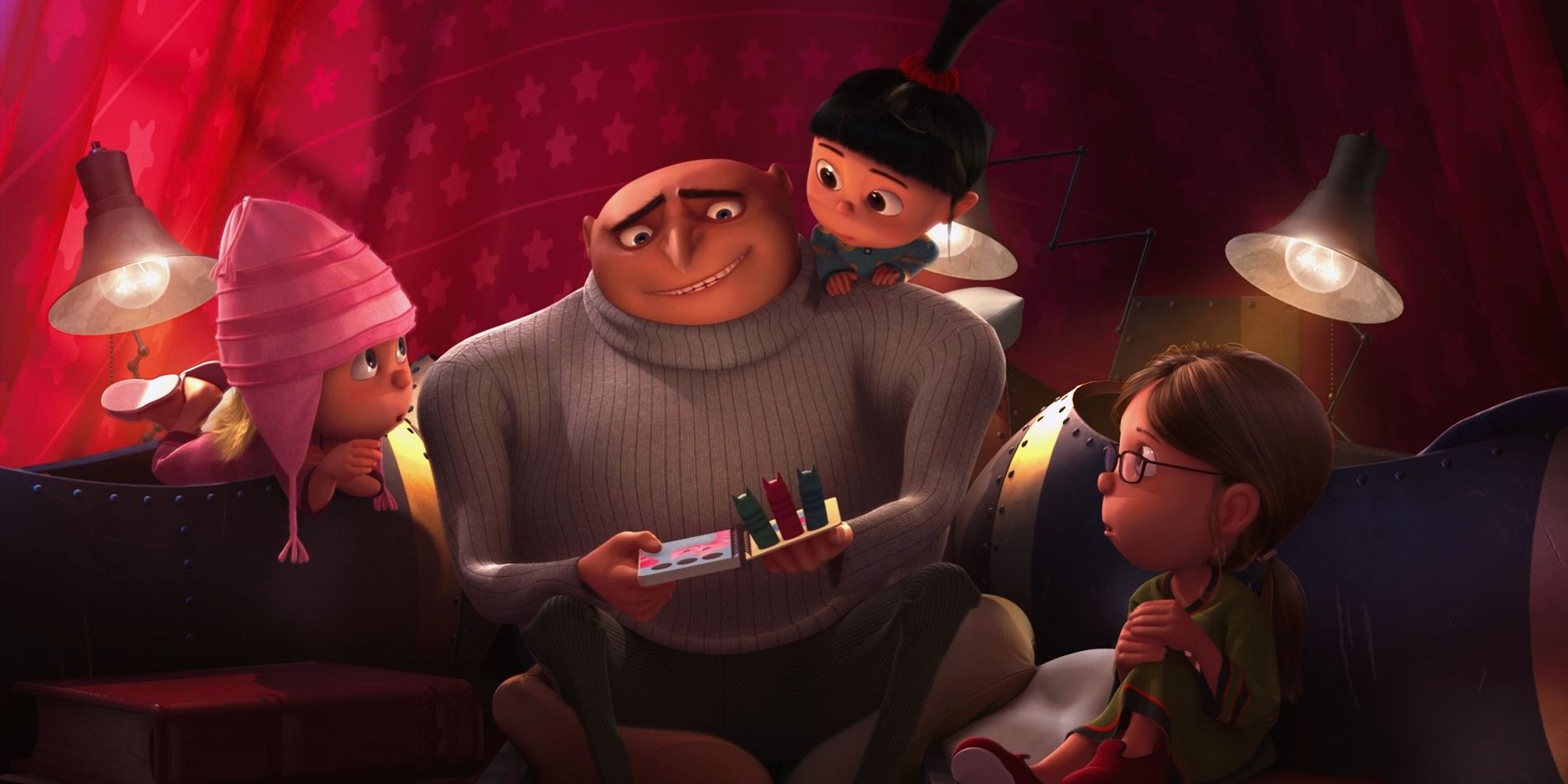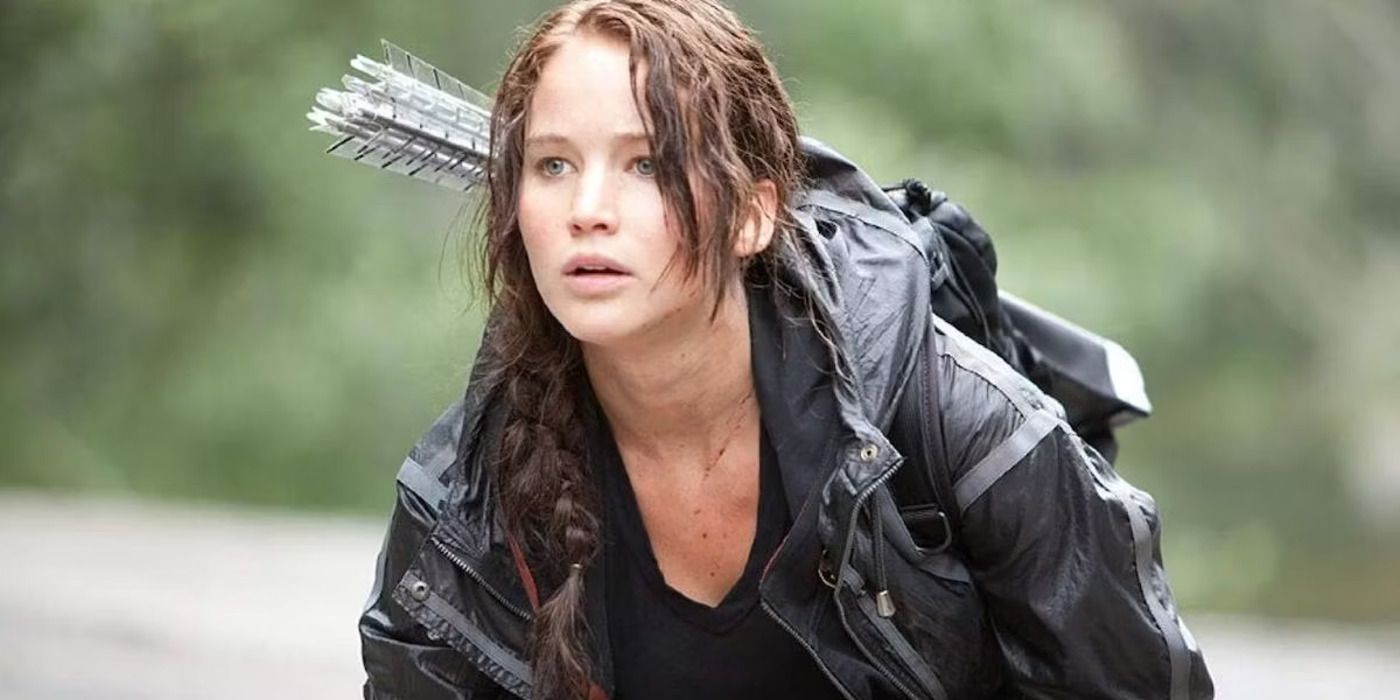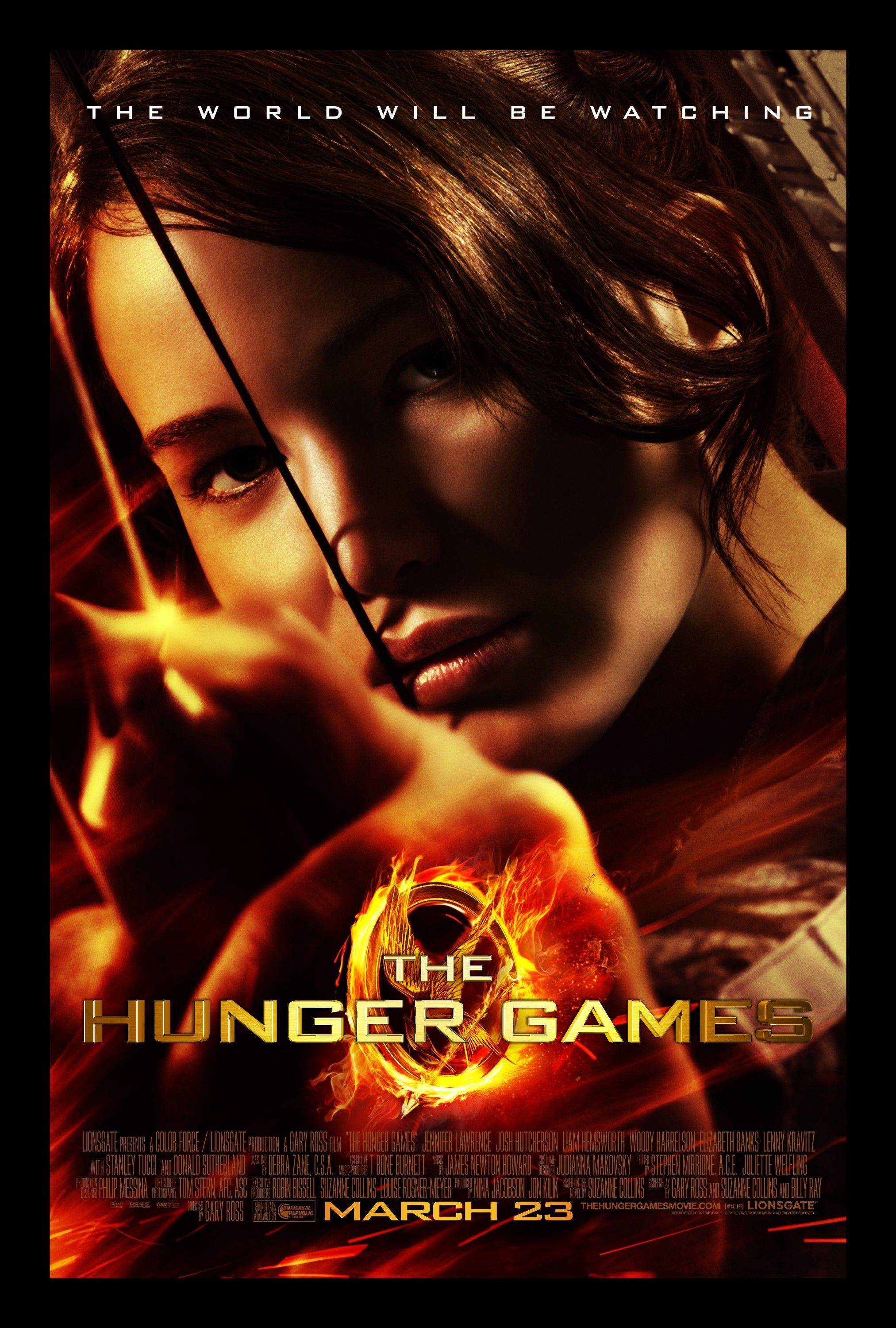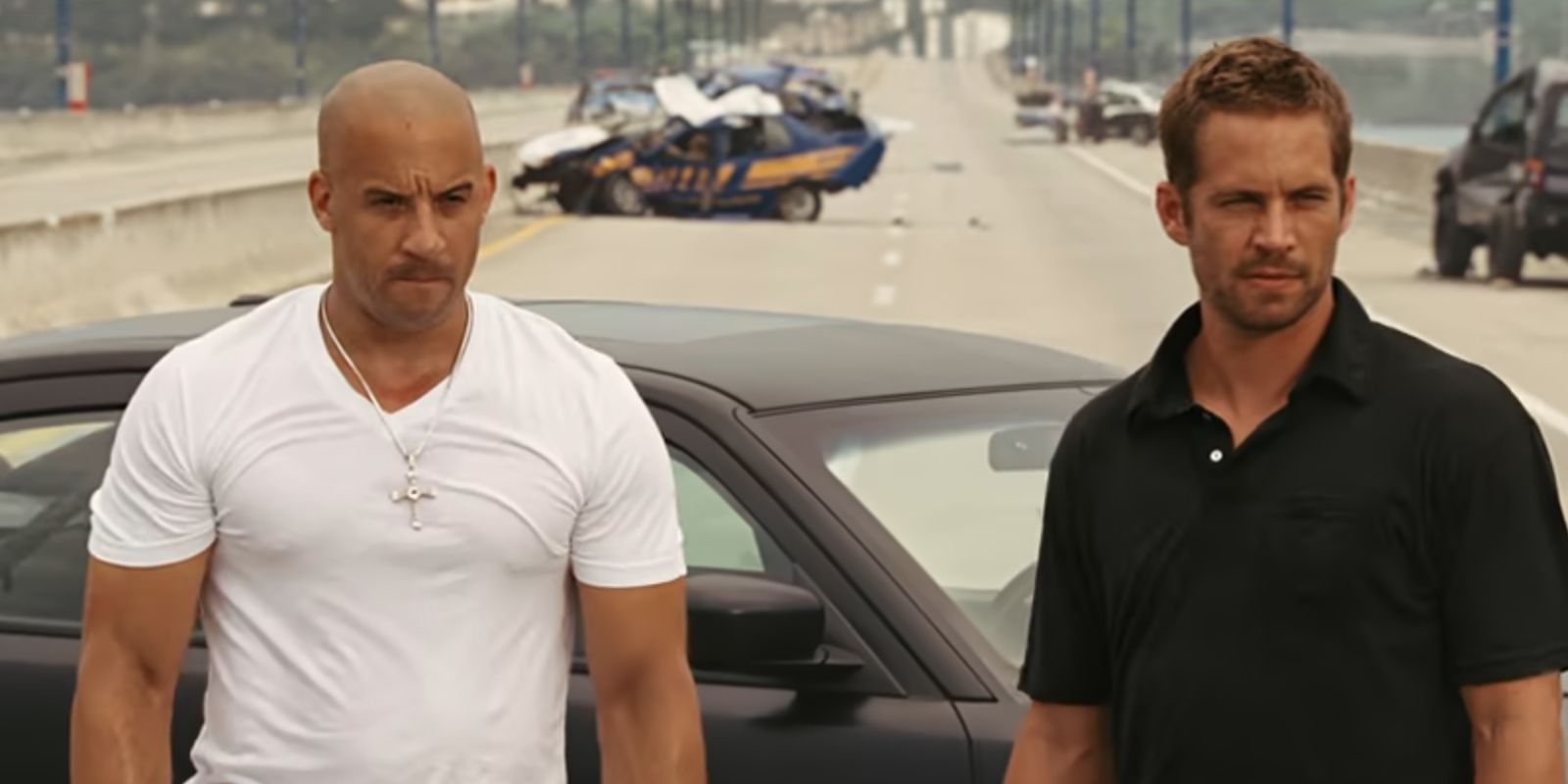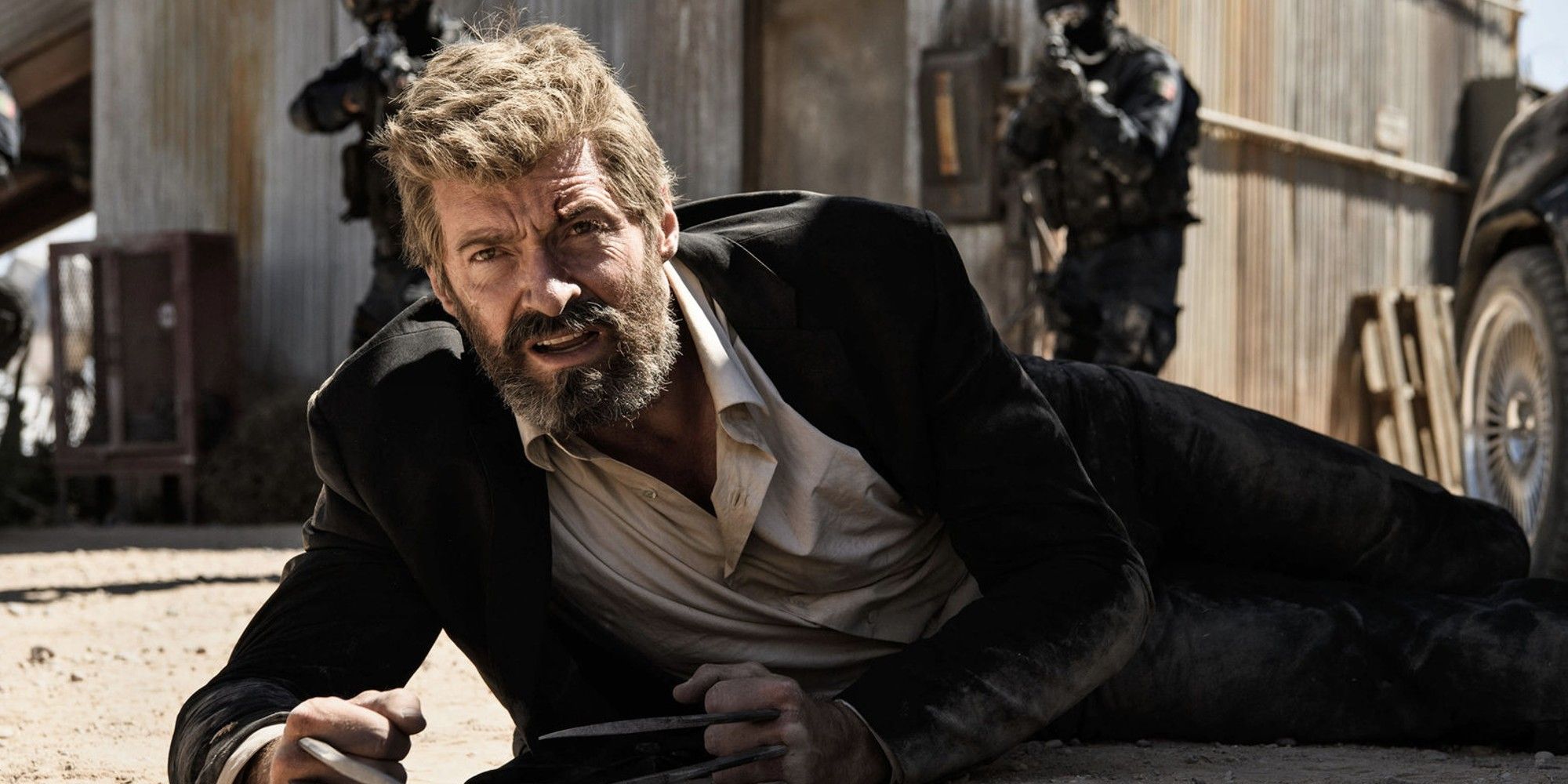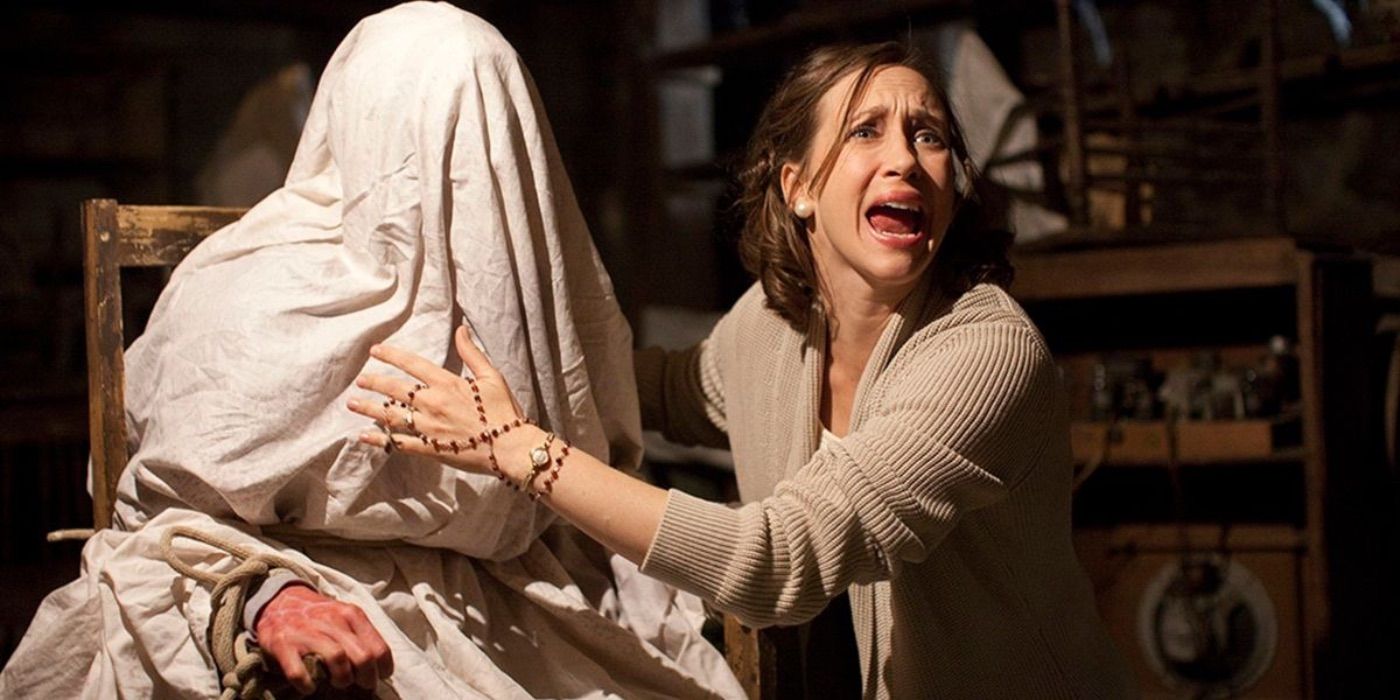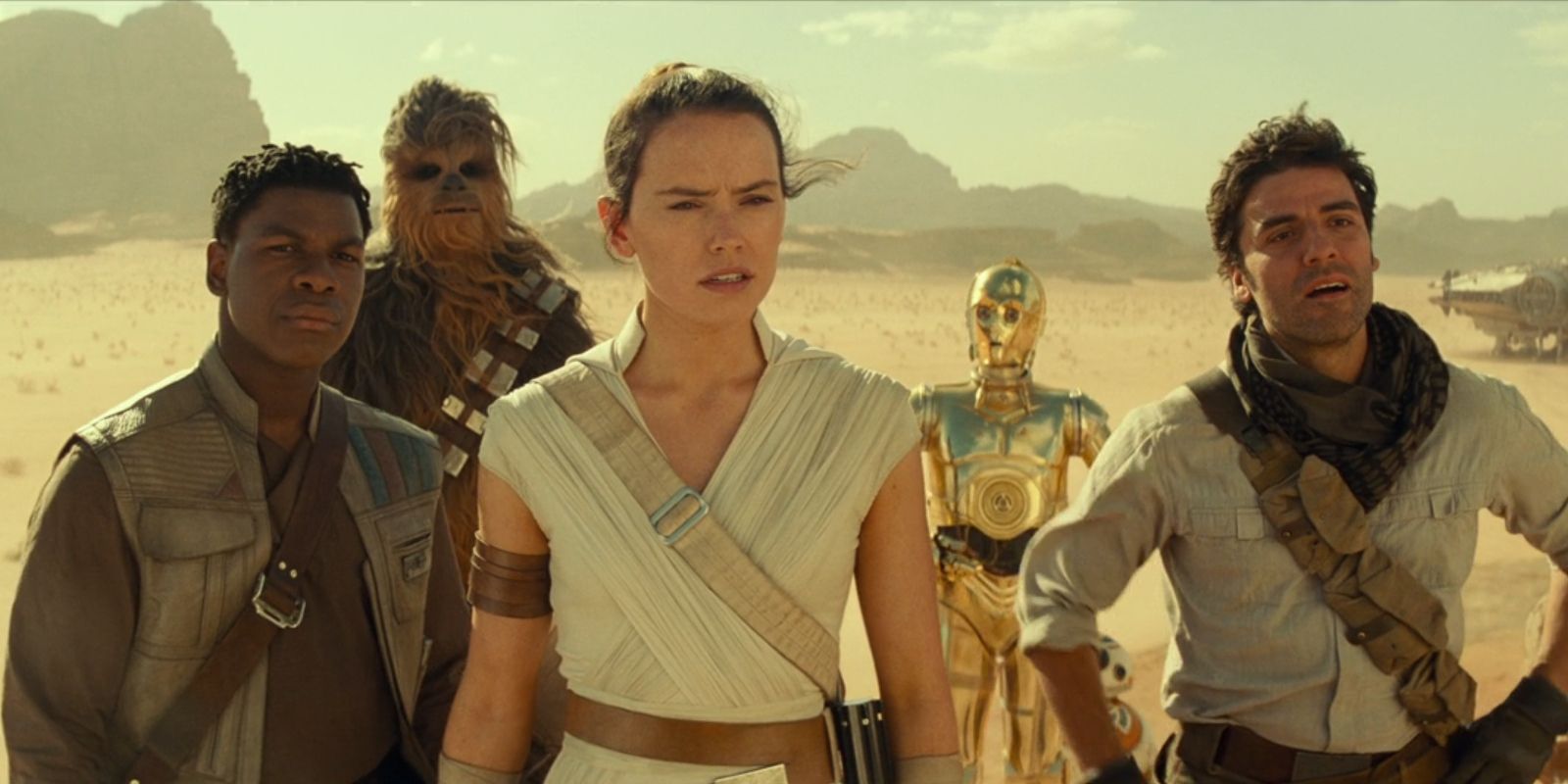In the 2000s, the world of cinema saw a revolutionary change when it entered the digital age. CGI became far more prevalent, and big-budget spectacles dominated the box office. In the 2010s, with the technology more established, Hollywood doubled down on these trends while increasingly relying upon fan-favorite franchises to draw in larger audiences.
During the decade, older series like Star Trek and Jurassic Park saw largely successful reboots, new franchises like How to Train Your Dragon and The Purge found decent followings, and the Marvel Cinematic Universe broke a number of box office records. But some cinematic series were more influential than others, setting the trends that would define the cinema of the period. These are franchises that best define the 2010s, shaping the decade's cultural footprint.
10 The 'Planet of the Apes' Reboot Series
First Release: 'Rise of the Planet of the Apes' (2011)
Throughout the 2010s, beloved franchises like Ghostbusters and Terminator were revived and reimagined for the modern day. Planet of the Apes was another classic franchise that got the reboot treatment, receiving an entire trilogy focused on Andy Serkis' Caesar, a hyper-intelligent chimpanzee who sparks an ape uprising against humankind, eventually becoming the leader of a new ape-centered society.
The Apes trilogy brilliantly combines spectacular special effects with all-time great motion-capture performances. Serkis is absolutely outstanding as Caesar, delivering a powerful physical and vocal performance that brings depth and complexity to his character while highlighting the benefits of the decade's technological innovations. Each of the three films also features an incredibly compelling plot with some unique storytelling for blockbuster films, especially the third entry, in which much of the dialogue is conveyed through subtitles since many of the apes speak to each other in sign language. Recently, the reboot continuity continued with the release of 2024's Kingdom of the Planet of the Apes, but the first three entries defined the filmmaking style of the 2010s.
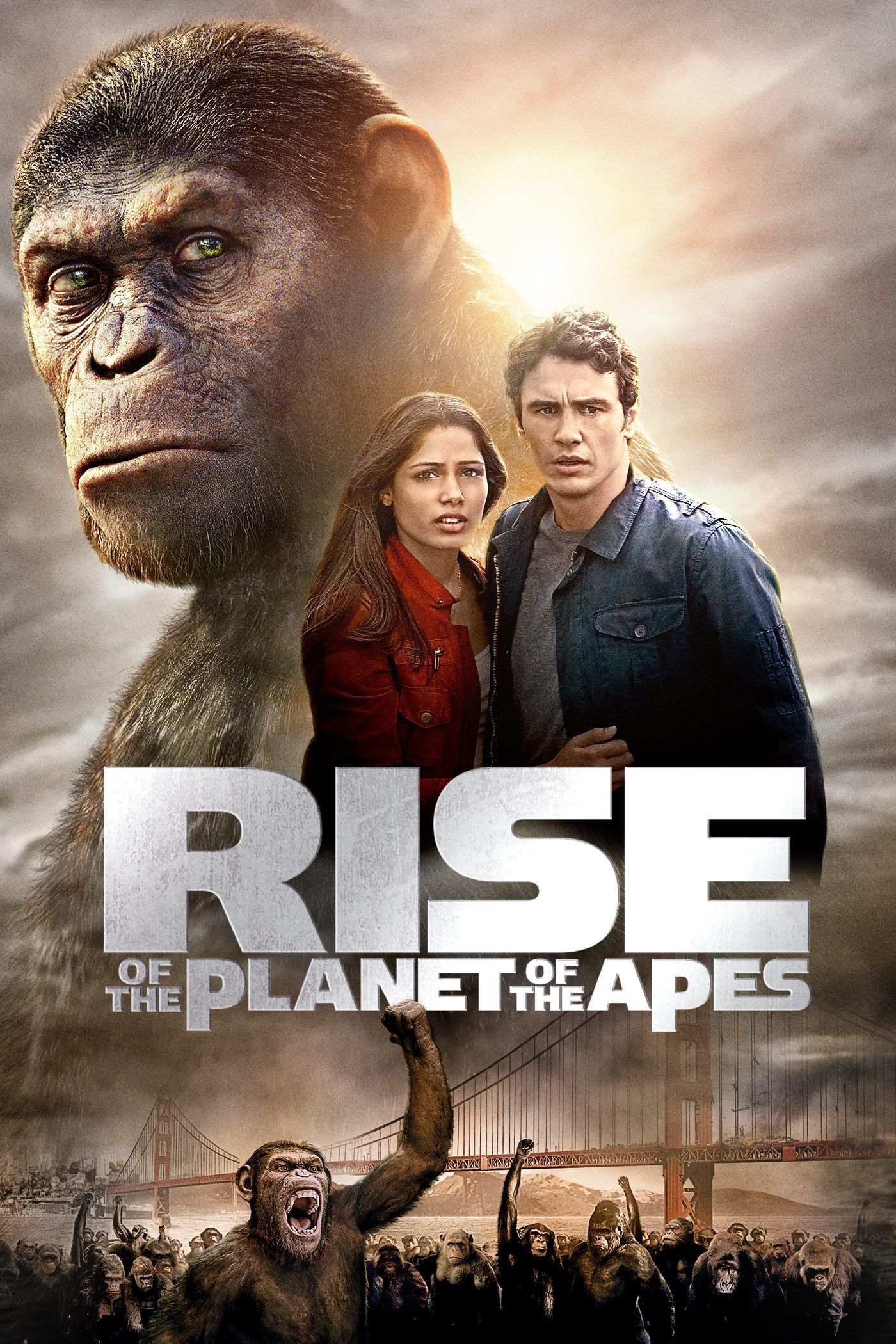
- Release Date
- August 5, 2011
- Director
- Rupert Wyatt
- Cast
- James Franco , Andy Serkis , Tom Felton , John Lithgow
- Runtime
- 105 Minutes
- Writers
- Pierre Boulle , Rick Jaffa , Amanda Silver
9 The 'John Wick' Series
First Release: 'John Wick' (2014)
While action films have consistently performed well at the box office, each decade has a handful of movies that truly stick out over others. The '80s saw the release of major action hits like First Blood and Die Hard, the '90s had genre-defining classics like Terminator 2 and The Matrix, and the 2010s had the John Wick films.
Featuring stunning cinematography and some of the best action choreography in cinema history, 2014's John Wick and its first two sequels were a huge breath of fresh air compared to other action movies released at the time, making them extremely memorable. They were also successful at the box office, with each release grossing more than the last. The franchise fully solidified Keanu Reeves as a multi-generational action star, redefining his career for a new generation and once again making him one of the most prominent Hollywood names. In recent years, the franchise has continued to dominate the box office, and it remains one of the most definitive action franchises of the 2010s.
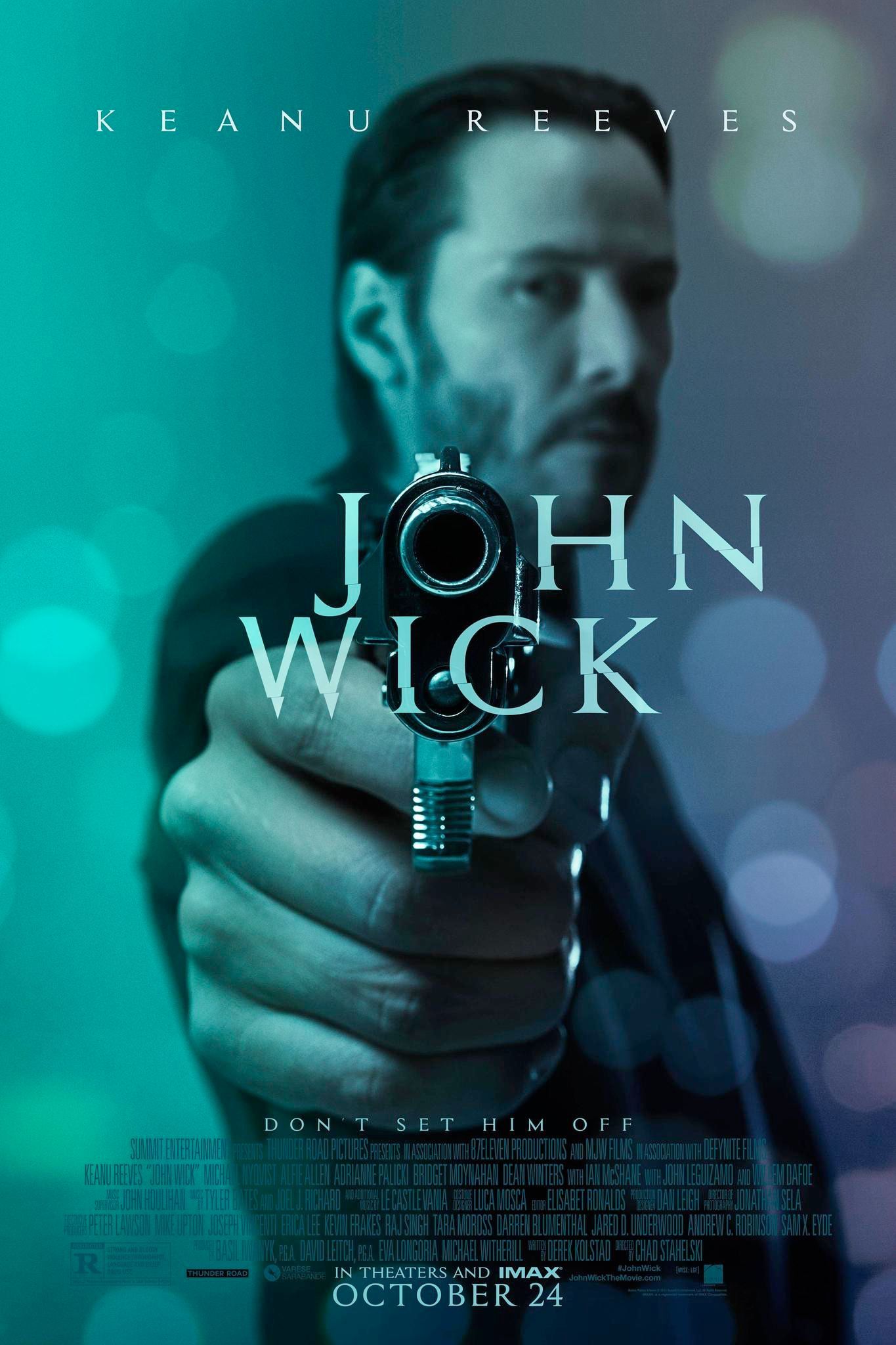
- Release Date
- October 24, 2014
- Director
- David Leitch , Chad Stahelski
- Cast
- Keanu Reeves , Adrianne Palicki , Willem Dafoe , Bridget Moynahan , Jason Isaacs , Alfie Allen
- Runtime
- 101 Minutes
- Writers
- Derek Kolstad
8 The 'Despicable Me' Franchise
First Release: 'Despicable Me' (2010)
During the 2000s, animated hits like Shrek 2 and Up, produced by DreamWorks and Pixar, respectively, ruled the box office, eclipsing new releases from Disney and establishing a new pecking order in the world of animation (even if Pixar was owned by Disney for part of that time). Then, in 2010, new competition came into the scene when Illumination released their debut feature, Despicable Me.
The first Despicable Me was a memorable family film featuring the comedic talents of Steve Carell and Jason Segel that also introduced the Minions, the extremely popular species of mischievous, banana-obsessed creatures, ensuring that it was a hit at the box office. Its success led to the creation of a host of sequels, along with a spin-off series focused on the Minions themselves. Its unique sense of humor, love it or hate it, redefined the popular comedy in family-_targeted films while setting the blueprint for many of Illumination's later works, which would see comparable levels of success.
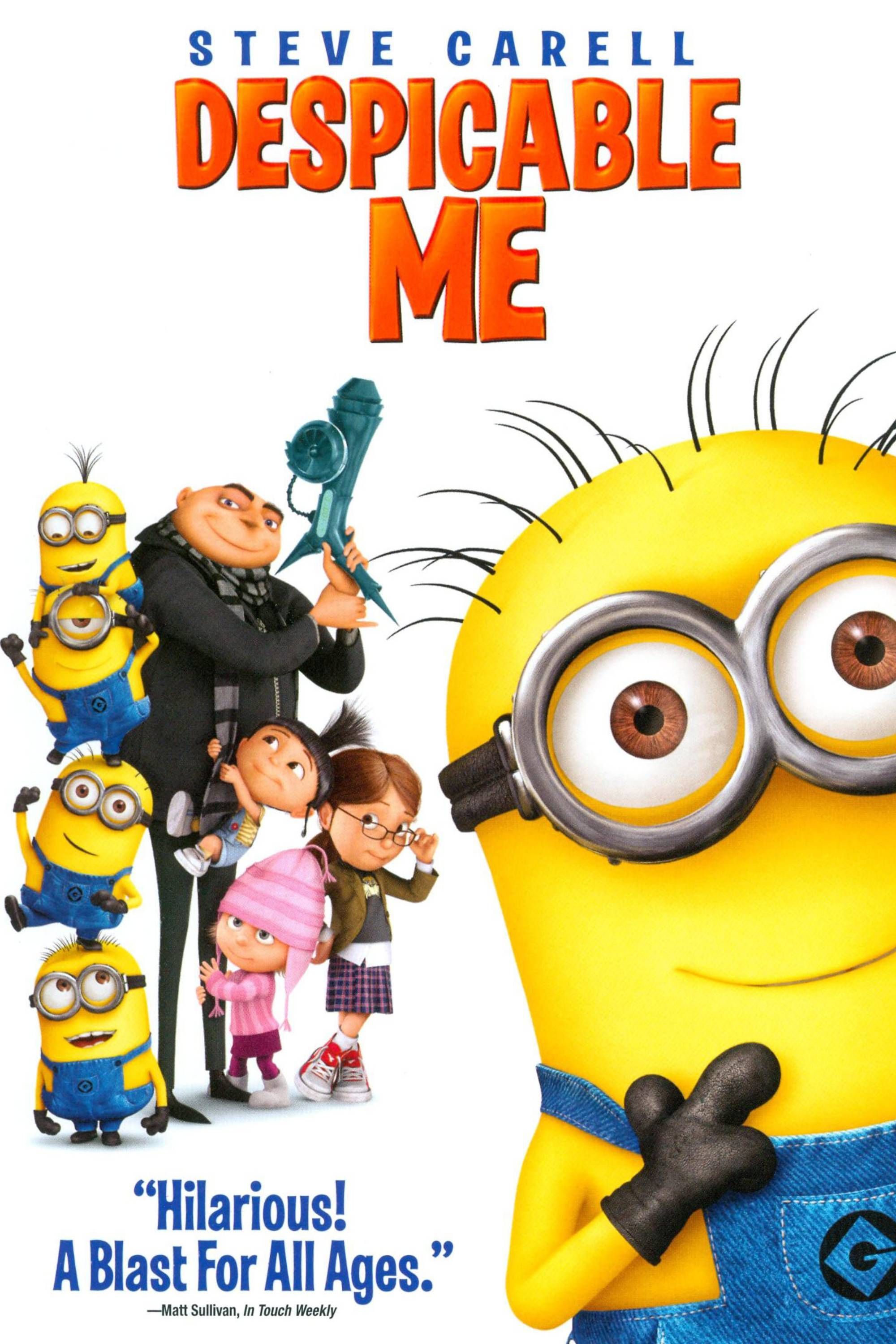
- Release Date
- July 8, 2010
- Director
- Pierre Coffin , Chris Renaud
- Cast
- Steve Carell , Miranda Cosgrove , Dana Gaier , Elsie Fisher , Jason Segel
- Runtime
- 95 Minutes
- Writers
- Ken Daurio , Cinco Paul
7 'The Hunger Games' Franchise
First Release: 'The Hunger Games' (2012)
It would be difficult to discuss the trends present in the pop culture of the 2010s without acknowledging the prominence of dystopian stories. Throughout the decade, franchises depicting extremely oppressive universes, like Divergent and Maze Runner, were in no short supply, but perhaps the most successful was The Hunger Games. Based on Suzanne Collins's wildly popular book series of the same name, the franchise is set in a world where, once a year, random teenagers are sent to battle to the death, leaving the last one standing as the sole victor.
In addition to exemplifying the trendiness of dystopian science fiction, The Hunger Games films helped to solidify Jennifer Lawrence as one of the decade's biggest stars. The actress also played a prominent part in the X-Men franchise while earning herself Oscar nominations for her performances in various other films, including a win for her role in Silver Linings Playbook. Ultimately, while serving as an excellent time capsule of a cultural trend, The Hunger Games series is also a great look at some of the up-and-coming names of the time, cementing it as a franchise that perfectly encapsulates the decade it belongs to.
6 The DC Extended Universe
First Release: 'Man of Steel' (2013)
While the MCU was the undisputed king of the box office throughout the 2010s, the DC Extended Universe was a strong competitor, with films like Batman v Superman: Dawn of Justice and Aquaman rivaling some of Marvel's bigger hits. But, while both cinematic universes offered big-budget superhero action, DC's outings typically featured a darker tone, setting them apart from their competition.
As a whole, DC's films received a harsher critical reception than Marvel's, but they still offered a refreshing change of pace from their primary rival's releases, focusing on the more brooding side of superheroes. Henry Cavill was perfectly cast as Superman, Jason Momoa was an audience favorite as Aquaman, and Margot Robbie absolutely stole the show as Harley Quinn, ensuring that, despite the various story issues present in the films, they were consistently entertaining to watch. Eventually, the DCEU collapsed under the weight of a series of box office disappointments, but throughout the 2010s, it was an extremely prominent franchise that provided some much-needed competition to the MCU.
5 The 'Fast & Furious' Franchise
First Release: 'The Fast and the Furious' (2001)
The Fast & Furious franchise began with 2001's The Fast and the Furious, a film in which a gang of street racers commits electronic heists while they are unknowingly infiltrated by a member of the LAPD. 2009's Fast & Furious, the series' confusingly named fourth entry, took the franchise into a slightly more over-the-top direction, setting it up to become one of the biggest box-office successes of the subsequent decade.
During the 2010s, four increasingly ridiculous mainline Fast films would be released, two of which earned over a billion dollars, while 2019 would see the release of the series' first spin-off, Hobbs & Shaw. A large contributing factor to the franchise's success in the 2010s was its over-the-top action sequences, like a moment in Furious 7 in which Vin Diesel's Dominic Toretto drives a sports car across three of the Etihad Towers in Abu Dhabi. Many action movie franchises moved in this direction in the 2010s, but Fast & Furious was and continues to be the most successful, cementing it as one of the most defining action franchises of the 2010s.
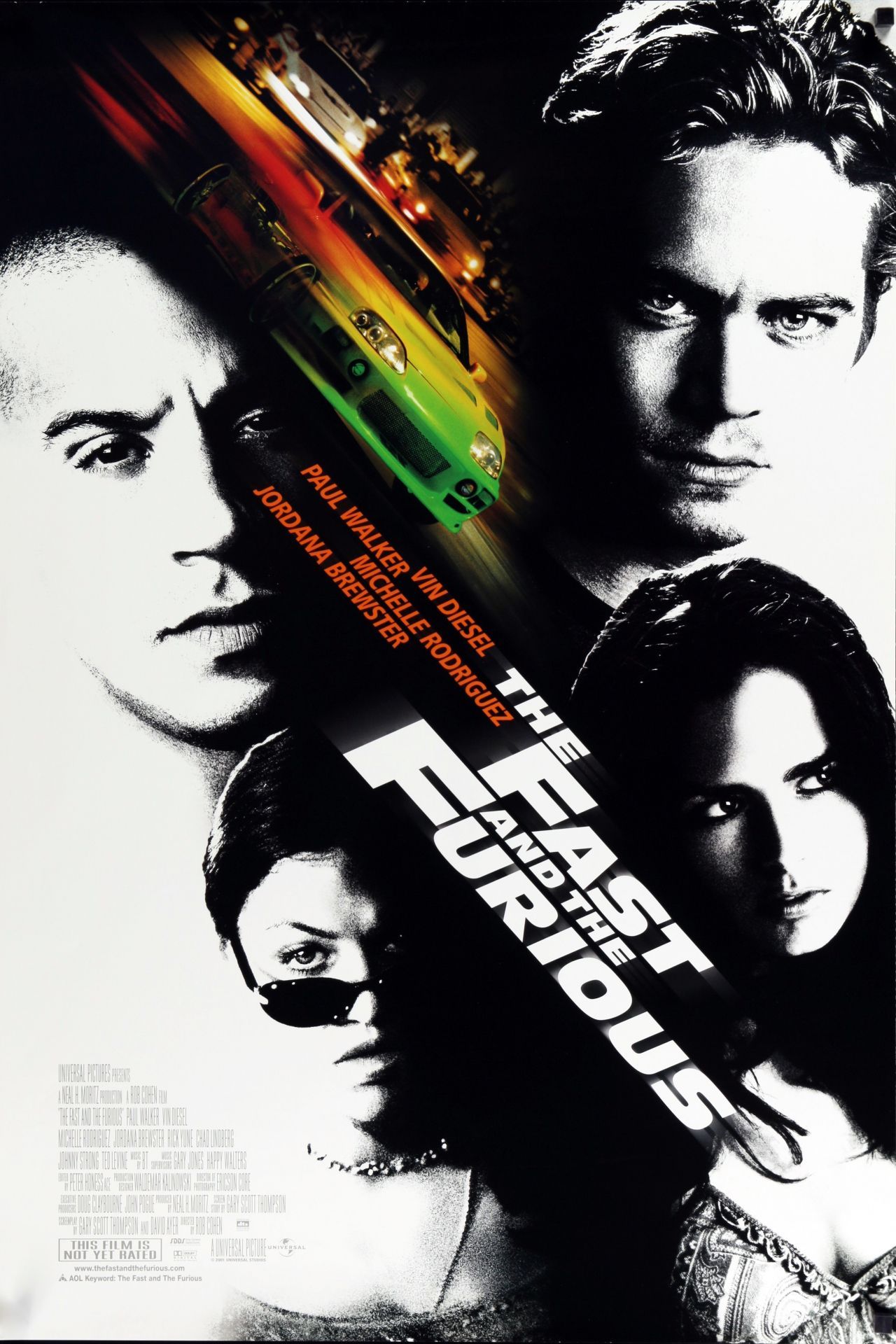
The Fast And The Furious
- Release Date
- June 22, 2001
- Director
- Rob Cohen
- Cast
- Jordana Brewster , Michelle Rodriguez , Rick Yune , Vin Diesel , Paul Walker
- Runtime
- 106 minutes
- Writers
- Gary Scott Thompson , David Ayer , Erik Bergquist
4 The 'X-Men' Franchise
First Release: 'X-Men' (2000)
In the 2000s, the X-Men trilogy, alongside the Blade and Spider-Man films, made comic book cinema more mainstream than ever before. Despite the overwhelming success of the MCU in the subsequent decade, Fox's X-Men universe managed to hold its own at the box office, even influencing superhero filmmaking in a number of ways, in spite of its incredibly convoluted continuity.
2011's X-Men: First Class did well, but 2014's X-Men: Days of Future Past was a notable success, proving that Wolverine (Hugh Jackman) and his fellow mutants were still more than capable of competing with Marvel's box office heavyweights. Deadpool and Logan were also massive hits for the franchise, simultaneously providing two hugely unique superhero films, along with concrete evidence that R-rated films using Marvel's characters could see huge financial success. The end of the decade brought rough times for the franchise, with Dark Phoenix proving to be a box office disappointment, but it was still a largely influential superhero series, elements of which recently crossed over into the MCU with the release of Deadpool & Wolverine.
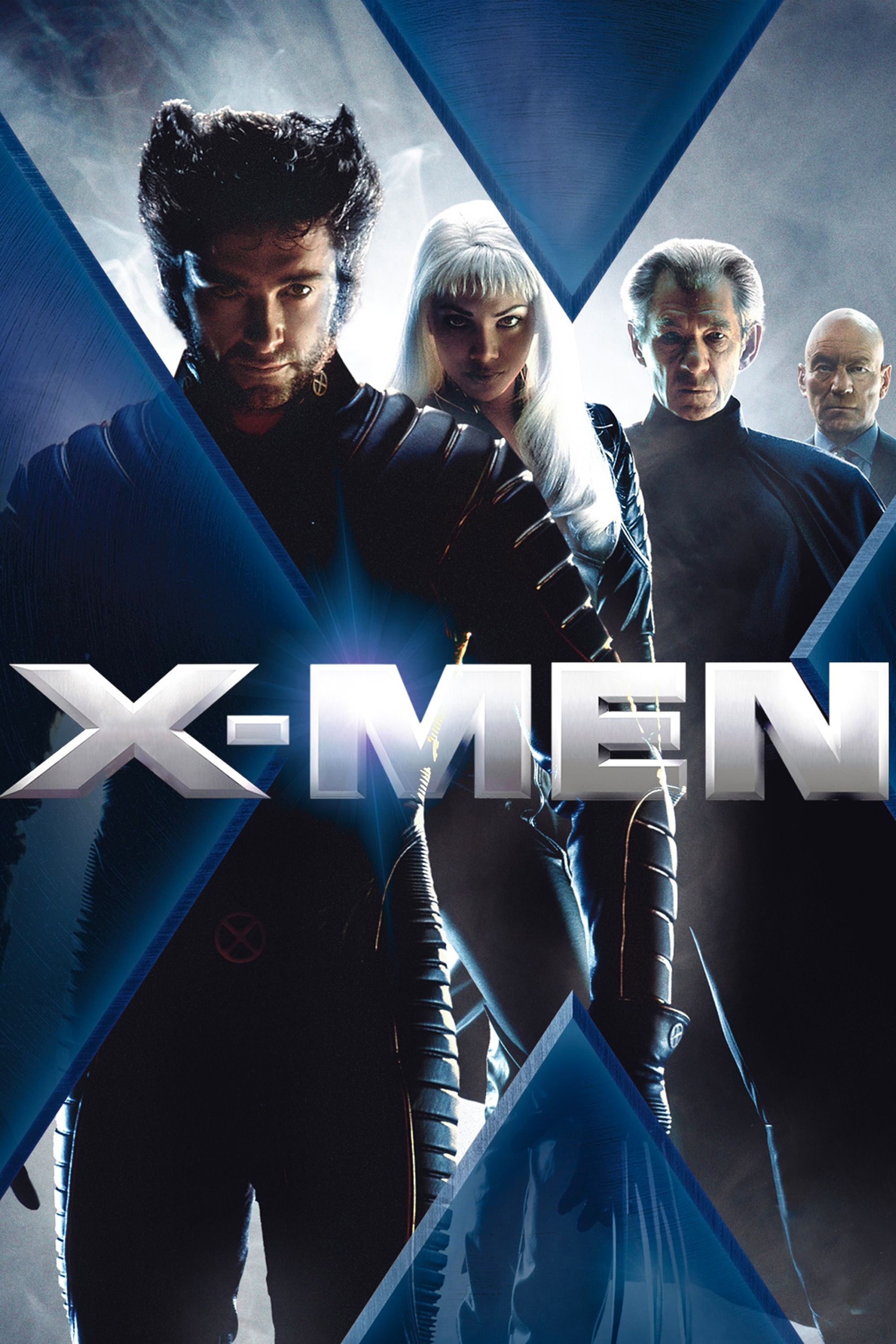
X-Men
- Release Date
- July 14, 2000
- Director
- Bryan Singer
- Cast
- Hugh Jackman , Patrick Stewart , Ian McKellen , Anna Paquin , Halle Berry , Famke Janssen , James Marsden , Ray Park , Rebecca Romijn
- Runtime
- 104 Minutes
- Writers
- Tom DeSanto , Bryan Singer , David Hayter
3 'The Conjuring' Universe
First Release: 'The Conjuring' (2013)
Over time, horror has gone through a number of phases. In the same way that slasher franchises like Halloween and Friday the 13th controlled the horror box office in the '80s, supernatural series like Insidious and Sinister became particularly prominent in the 2010s. Perhaps the most notable of all of these franchises is The Conjuring Universe, containing its title series alongside the Annabelle and Nun spin-off series.
All the Conjuring films perfectly exemplify the trends present in horror filmmaking throughout the 2010s. Releases largely lean upon jump scares, giving viewers brief glimpses at their demonic villains with alarming sounds to provoke a response. Both the Conjuring and Insidious franchises are still going strong today, and supernatural stories are still popular, but jump scares have become noticeably less prevalent, with grotesque imagery and psychological horror taking center stage instead. Thus, films within The Conjuring Universe are a great time capsule for where horror was in the 2010s, solidifying it as the decade's defining horror franchise.
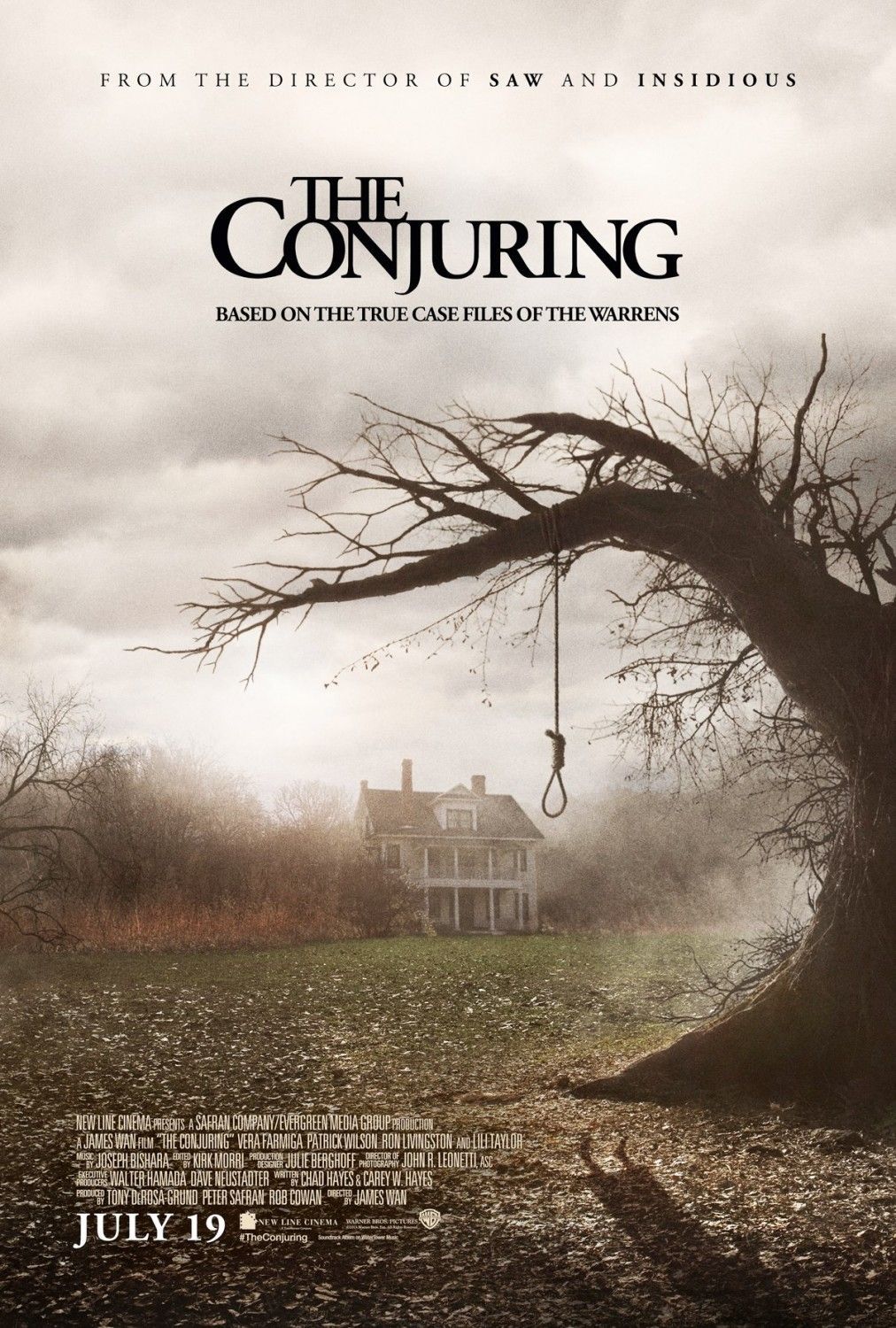
- Release Date
- July 19, 2013
- Director
- James Wan
- Cast
- Joey King , Vera Farmiga , Lili Taylor , Patrick Wilson , Ron Livingston
- Runtime
- 112 minutes
- Writers
- Chad Hayes , Carey W. Hayes
2 The 'Star Wars' Sequel Trilogy
First Release: 'Star Wars: The Force Awakens' (2015)
While the Planet of the Apes reboot trilogy is a perfect illustration of the many things that can go right with a franchise revival, the Star Wars sequel trilogy often serves as an example of how much can go wrong. Hyped beyond belief in 2015, The Force Awakens was a fun film that introduced audiences to Rey (Daisy Ridley), Poe Dameron (Oscar Isaac) and Finn (John Boyega) while also reacquainting them with Han Solo (Harrison Ford), Leia Organa (Carrie Fisher) and a host of other familiar faces from the iconic original trilogy. Unfortunately, it leaned too hard on nostalgia, sacrificing originality in favor of treading familiar but safe ground.
The Last Jedi attempted to take things in a bold new direction, but fans were disappointed with the approach that writer and director Rian Johnson took to series' hero Luke Skywalker's (Mark Hamill) character development. The trilogy's final entry, 2019's The Rise of Skywalker, tried to respond to the criticisms directed towards Last Jedi but ultimately felt even less creative than The Force Awakens, ending the trilogy on a low note. Ultimately, all three films have redeeming qualities to varying extents and were huge box-office successes. Still, they could be much better than they are, a fact which is reflective of numerous revivals during the 2010s, making it an unfortunate example of a definitive franchise for the decade.
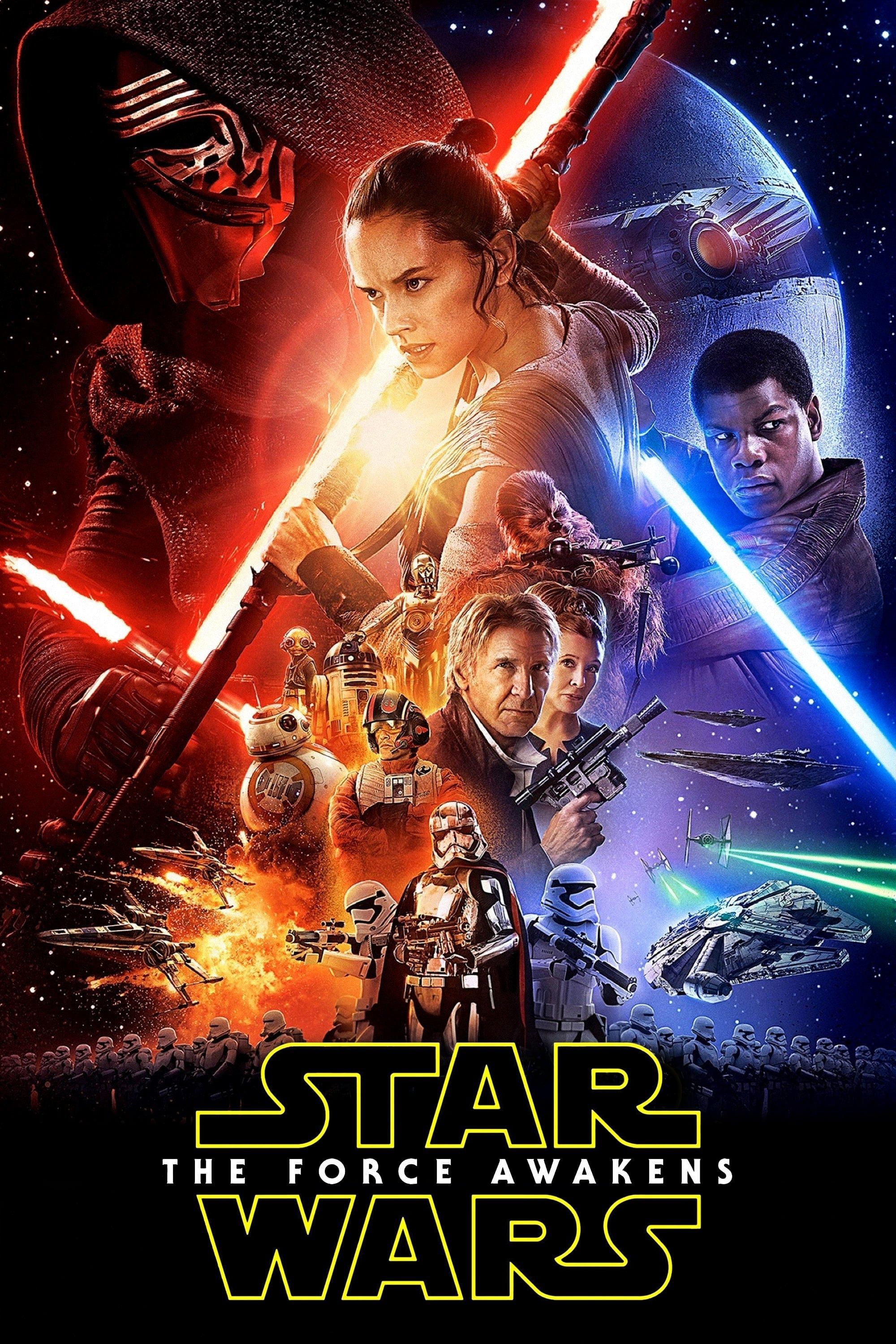
- Release Date
- December 17, 2015
- Director
- J.J. Abrams
- Cast
- Daisy Ridley , John Boyega , Oscar Isaac , Harrison Ford , Mark Hamill , Carrie Fisher , Adam Driver , Andy Serkis , Lupita Nyong'O , Max Von Sydow , Peter Mayhew , Simon Pegg
- Runtime
- 136 Minutes
- Writers
- Lawrence Kasdan , J.J. Abrams , Michael Arndt
1 The Marvel Cinematic Universe
First Release: 'Iron Man' (2008)
The Marvel Cinematic Universe is the single most successful franchise of all time, and most of that success came about in the 2010s. Following the release of both Iron Man and The Incredible Hulk in 2008, the franchise fleshed itself out further, introducing Thor (Chris Hemsworth) and Captain America (Chris Evans) with solo films in 2011 before finally releasing The Avengers in 2012, a massive hit and one of the best superhero films of all time.
Throughout the 2010s, the MCU's influence could be seen in many ways. For one, a number of other cinematic universes popped up over the decade once Marvel proved the concept could be a success, with examples including the DCEU, Universal's Dark Universe, and The Conjuring Universe. Black Panther was a massive critical and financial hit that uniquely delved into themes surrounding race, earning itself a nomination for Best Picture at the Oscars, while Avengers: Endgame briefly became the highest-grossing film of all time before Avatar beat it with a rerelease. The franchise has continued in the 2020s, but it has yet to see the levels of success that it did in the 2010s, making it the franchise that best defines the decade.


